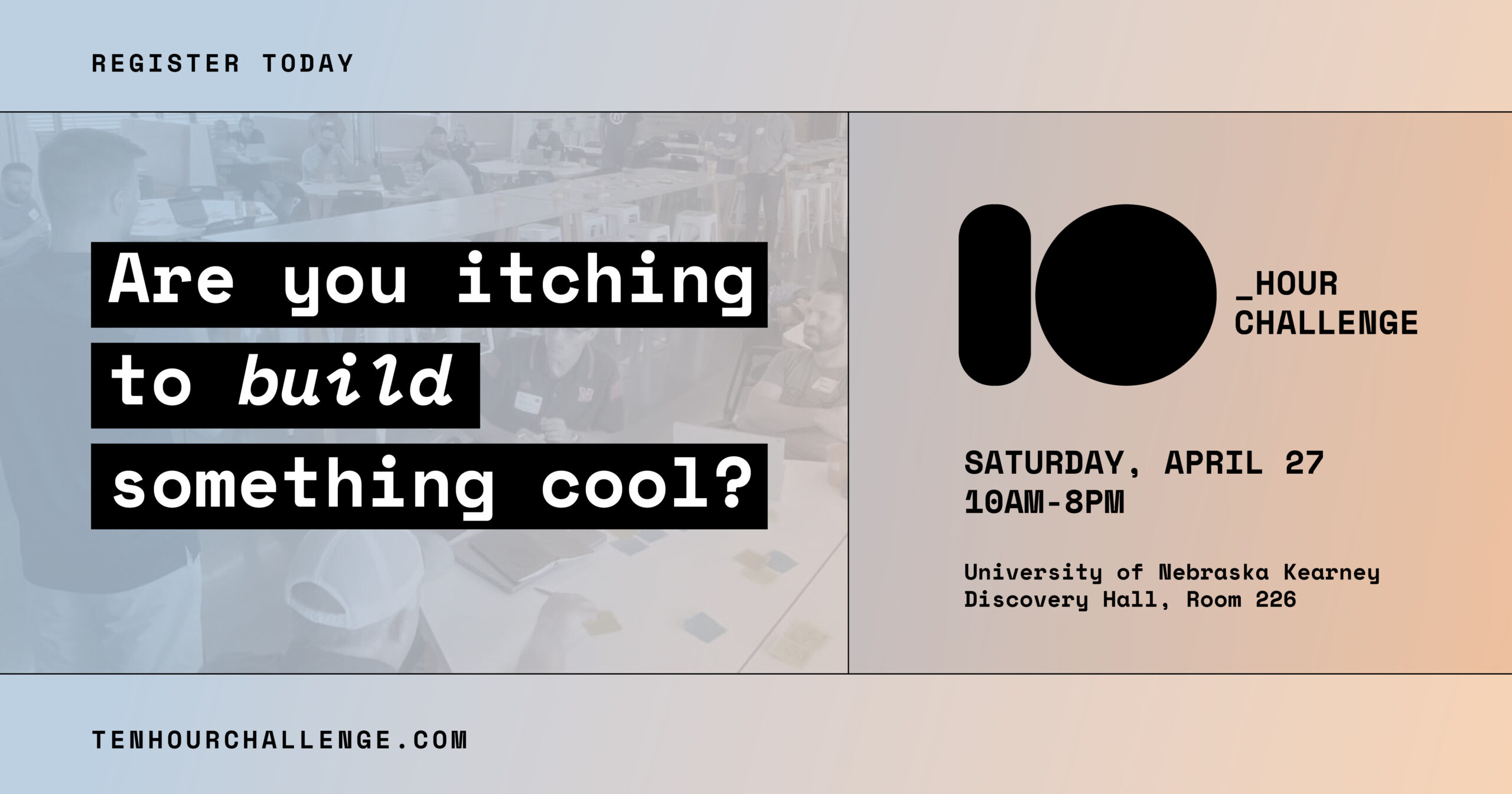GOPPlatform2012.com, a site powered by MindMixer, went live on Thursday.
With November elections fewer than four months away and the Democratic and Republican conventions less than two months out, political conversation in the United States is beginning to reach a fever pitch. And as of this week, one Omaha startup’s platform is being used to help bring more order to some of that conversation.
The Republican National Committee on Thursday went live with GOPPlatform2012.com, a site powered by MindMixer, an Omaha company that makes a web-based platform for community engagement. The site has the same functionality as MindMixer’s other sites: users comment on any of several categories and subtopics and receive credit for positive contributions. And it serves the same purpose: to facilitate engagement and the exchange of ideas within a community.
BECOME A SPONSOR
Join us in championing the narrative of success, resilience, and ingenuity that defines Nebraska’s startup community. Learn more »
So says the site’s header:
The GOP wants to know how you feel about important policy issues. We hope you will use this site to share ideas you support, propose ideas and supply constructive feedback.
It’s the second political entity that has enlisted MindMixer’s services, following the July 2011 launch of “Lee Listens,” a U.S. Rep. Lee Terry, a Republican from Nebraska’s second district.
Most importantly, the RNC relationship is illustrative of the continued expansion of MindMixer’s client base. When MindMixer raised $300,000 from Dundee Venture Capital In February 2011, the startup had fewer than 10 clients. Today, the company boasts more than 200 clients, including cities, school districts, universities, companies and those political entities.

Regarding those political clients, MindMixer co-founder and CEO Nick Bowden (left) said in an interview last month that his company is apolitical, “kind of (like) Switzerland.”
“Our mission is to build better communities,” Bowden said. “It’s not to build Republican communities or Democratic communities. It’s to build more informed citizens, electorate, parents.”
Cities still remain MindMixer’s bread and butter, accounting for about 180 of its clients. This spring, MindMixer finalized an agreement with its first community outside of the United States, bringing the Spanish city of Sant Cugat into the fold. Bowden said legal and regulatory issues can make working with international clients a challenge but that MindMixer continues to field other inquiries from cities overseas.
“I don’t think it’s necessarily a huge focus area,” he said. “But if things come in, we’re certainly willing to entertain those.”
One area that Bowden said will receive considerable emphasis is school districts. “From a business standpoint, there’s a need for it in school districts,” he said. “They face many of the same challenges as cities do.”
What’s more, MindMixer has found in its work with suburban Omaha’s Millard School District that school district site’s users — that is, parents — are more actively engaged than users of other MindMixer sites and produce high-quality ideas and feedback.
“That has been a focus area for us,” he said, “largely because people care about their kids, and so participation is significantly different.”
To support the expansion of its client client base and help ensure continued growth, MindMixer now has 22 employees. That includes 16 in an Omaha office that, Bowden says with a look around the space, is starting to feel a bit cramped.
Of course, a startup could have worse problems.
Bowden said MindMixer officially became profitable in March, just before the April announcement of $1.9 million in funding, again led by Dundee VC. Those funds, he said, will be used in part to aggressively increase MindMixer’s collection of clients.
“We’ve actually gotten to the point where we’re profitable,” Bowden said. “So the funding really for us is about how do you go from 200 to 1,000, not how do you incrementally go from 200 to 300. So it’s deploying capital kind of strategically towards new market growth.”
Credits: Screenshot from GOPPlatform2012.com. Photo of Bowden from mindmixer.com.



